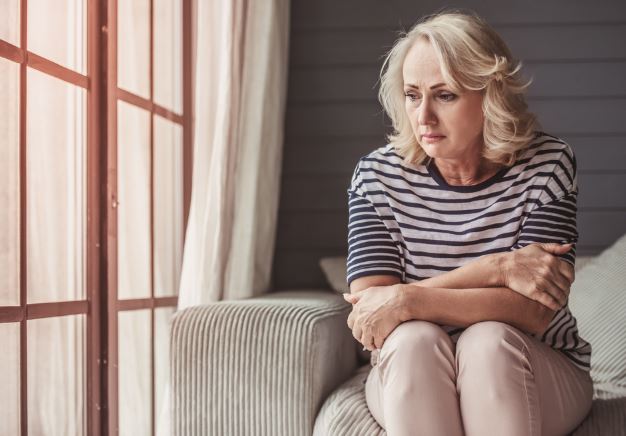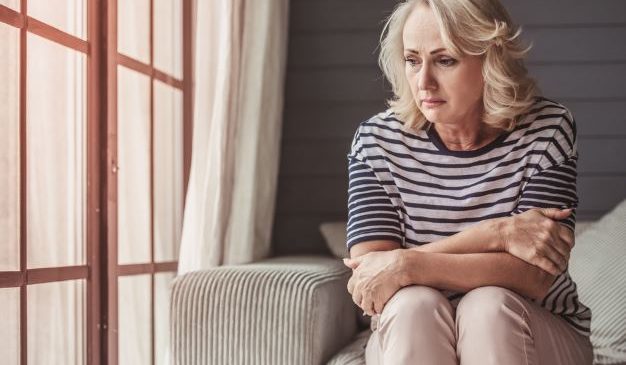As an adult child of an elderly parent, seeing them suffer may be challenging, if not heartbreaking. What you may not realize is that a lot of what they may be going through could be caused by elderly anxiety.
Many seniors feel fear, discomfort, and anxiety due to many factors that you, as their children, may not easily realize. They may be dealing with the loss of their loved ones or friends, their children moving away, or the feeling of being isolated or helpless. They may also be feeling anxiety for being sick or getting into an accident.

So, as children of elderly parents with anxiety, what do you do?
How to deal with elderly anxiety?
- Observe your parent’s behaviors and anxiety triggers before setting an appointment with your physician.
- Ask your doctor to recommend a geriatric assessment for your parent to ensure there are no neurological issues such as dementia.
- Consult a therapist.
- If your parent is lonely, arrange for them to interact or socialize, even attend events or go to an adult daycare facility such as Blessed Home.
- If the problem is your parents’ marriage, ask for them to undergo counselling.
- If they’re too shy to interact with new people, arrange to have them catch up with their own peers or just an outing with family can also work.
- If they live separate from you, make sure you visit regularly and bring small children to cheer them up.
- Look for adult daycare or assisted living facilities for them to stay in whether for long-term or short-term, just so they can be around other people and have a different environment.
- Remember that having them looked after by competent caregivers in a safe facility may greatly help improve their quality of life.
- Engage them in light physical activities or in other mentally engaging pastimes to help them get their mind off their own troubles.
- Don’t underestimate the power of empathy, especially towards your parents. You may not understand fully what they’re going through, but making them feel accepted can mean a lot.
- As their adult children and their primary caregivers, you should also remember to prioritize your own health.
- Watch out for signs of anxiety and stress and find ways to help them work through these.
- Learn to de-stress. You may be having your difficult moments too, so be sure to find time to unwind.
- Don’t feel guilty about getting them into a facility. Choose one that can allow them to thrive and feel empowered.
Check out our facility and talk to our staff for yourself to find out just how Blessed Home can care for your elderly parents.

Recent Comments